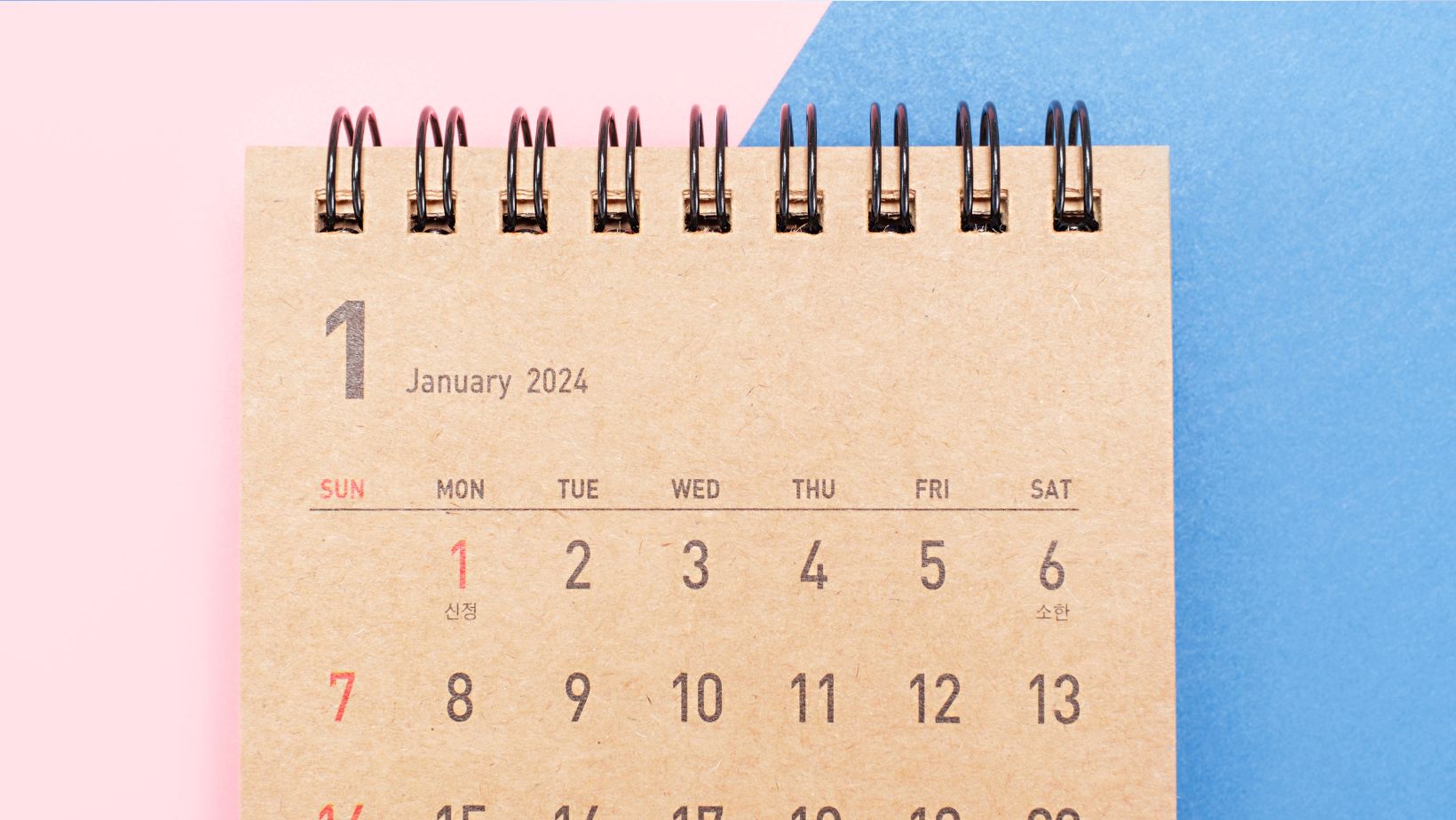The start of a new year has always been a good time to check in with your financial situation. But after a year like 2023, your finances may need more attention than usual.
Between the rise of inflation and the growth of interest rates, it’s hard to feel optimistic about the year ahead. Most people have a negative view of the economy, with nearly 60% of Americans believing the country has hit a recession.
Fortunately, most economists don’t think a recession is on the horizon. They’re cautiously optimistic for the future. You can be, too, if you stick with these New Year’s resolutions. They help you set good money habits that build your savings so you can be ready for anything this year.
Pay Your Bills on Time
Paying your bills on time is a simple yet crucial habit to start if you haven’t already. It keeps your accounts in good standing — from an outstanding installment loan and mortgage to the utility bills you pay each month.
If you slip up once or twice, your creditors may slap a late fine on your account, and you’ll likely have to pay interest on the amount you carry over.
The consequences grow the longer you’re late. Depending on how your creditor shares your payment history with the major credit reporting agencies, a delinquency can drag down your credit score. And in serious cases, utility providers may threaten to cut off power until you pay your balance.
Focus on why you’ve missed payments in the past; this will give you an idea of what you need to work on to pay things on time.
- Do you lose track of the days? Set notifications and reminders or automate payments.
- Do you need more money before the due date? Check out the next resolution to build a balanced budget.
Follow a Budget
A budget isn’t just for people who regularly pay bills late. Anyone can benefit from tracking their expenses and organizing their money — even people who never miss a due date.
A budget gives you an overview of your finances in any given month. It shows how your income compares to your financial priorities, like bills, savings, and debt payments. It also reveals any spending habits that might interfere with these important expenses.

The best budget balances hard-working jobs (like paying your bills) and fun-loving splurges, so don’t cut out all the fun stuff. Just be careful not to overdo it. Regularly check in with this budget to ensure you stick to your limits on fun spending.
You can make your budget a back-of-envelope tally by hand or download a budgeting app to automate this chore for you. It doesn’t have to be complicated if it works for you.
Grow Your Emergency Fund
A budget isn’t always prepared for a streak of bad luck. You can wind up dealing with a flat tire the same day your water heater breaks down and your cat swallows a rubber band.
Most people don’t have $400 to deal with these sudden and unavoidable expenses. They would have to borrow an installment loan or draw against a line of credit.
The folks behind the online financial platform MoneyKey suggest online loans as a temporary stopgap — not an outright replacement for savings. So, while you may consider them a safety net or backup in emergencies, you should focus on building an emergency fund.
Having an emergency stash of cash at your beck and call is a powerful financial move. If it’s big enough, you’ll have the means to cover an urgent auto repair, unexpected household expenses, and vet bills without paying an installment loan.

A financial rule of thumb says to save anywhere between three to six months of living expenses. This ambitious goal means you’ll have a safety net in case your emergency is a layoff or a health scare that makes it impossible to work.
Get to Work in the New Year
These resolutions are simple and to the point — paying bills on time, following a budget, and building an emergency fund can help you rack up savings in 2024.


